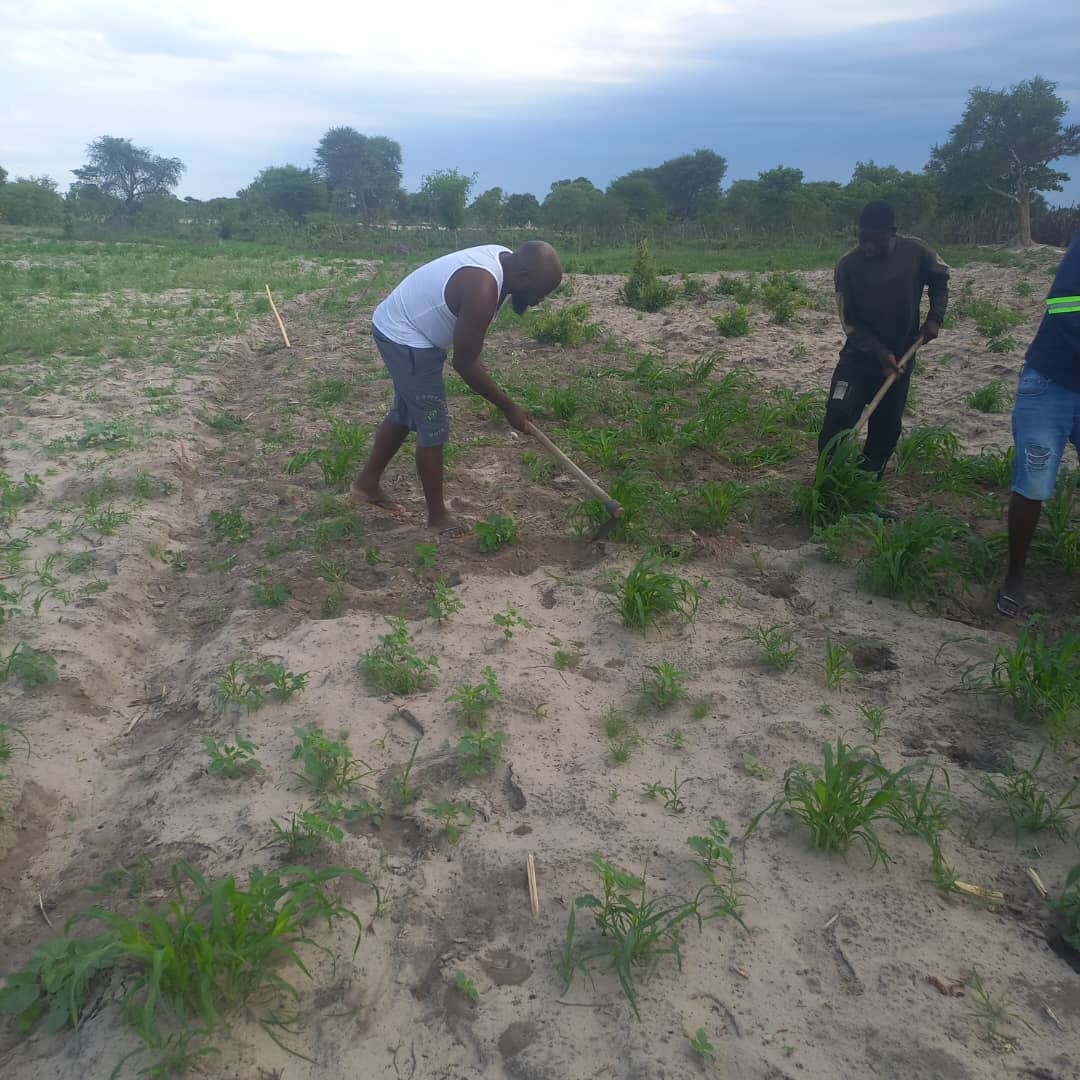Samherji Holding is the Icelandic company accused of paying bribes to Namibian politicians in exchange for fishing quotas.The Fishrot scandal, which was exposed in 2019, involves politicians, businessmen, and lawyers who are accused of bribery and corruption involving millions deriving from Namibia's fishing industry.Speaking yesterday during the 49th session of the human rights council, hosted virtually by the Institute for Public Policy Research, Fanndal said the authorities in Iceland have been trying to paint the Fishrot scandal as only a Namibian issue. “There is a sentiment that the issue is Namibian corruption. That is absolutely false, this is not a new thing to Iceland,” he said. Fanndal said Icelanders and Icelandic companies are perfectly capable of operating in corruption.“…and they are enabled by a legal and political environment that fundamentally is not willing to understand that corruption is not just something that washes to our shores. Sometimes and quite often it is homebrewed,” he said. Fanndal said Iceland is an exporter of corruption. “We are not nearly perfect people. We are capable of being part of corruption but the nonchalant culture against corruption in this country is the reason why Namibia has been hit so hard,” he said. He added that it's the reason why, even two years later, there has been very little evidence that the Icelandic people involved will ever face any justice.Fanndal added that Transparency Iceland will keep on doing whatever they can to help. “I'm sorry to say that Iceland will need some help. This is not the country that has the capacity to deal with this nor with the political will,” he said. IPPR executive director Graham Hopwood said the case cannot be seen in the context of small countries but must have international consequences for the greater good. The key is to hold everyone who acted intentionally accountable, he said. “… not just Samherji who drove the corruption that brought it to Namibia but all other international players who facilitated this in a different way,” he said. Hopwood said some of the enablers of the Fishrot scandal are well-known money-laundering hotspots, while others are well-respected banks and accounting companies.“Samherji promised to invest and provide jobs to Namibians. That didn't really happen and there was no investment onshore in Namibia.” Instead, Hopwood says, fish and money were taken out of the country without legal permission, impacting the communities involved with the company.He said there was collusion with Namibian politicians to severely impact citizens. “We want to see dignity restored to ordinary Namibians. The key to doing this is to see assets that were stolen from Namibia returned. The funds should be utilised properly for socio-economic development and advancement,” he said. Hopwood suggests that the Fishrot case could be a catalyst for a lot of legal and policy reforms, not just in Namibia but around the world. “The key reforms we want to see are an end to secrecy in the fishing industry and an end to the collusion of the government and the ministries of fisheries in that secrecy. Which basically allowed the whole corrupt project to fester and develop over a number of years.” Secretary general of the Trade Union Congress of Namibia Mahongora Kavihuha said the Fishrot scandal has severely affected the socio-economic development in Namibia. “The socio-economic impact on the workers has been severe. It has a psychological impact, with many workers having committed suicide as a result of this,” he said. Kavihuha said multinational companies should be held accountable not only in terms of the impact of the workers but also because of the damage they cause to the overall economy. The number varies, but about 18 000 people are estimated to have been directly and indirectly affected by the Fishrot scandal. “With the silence of parliamentarians, we believe that multinational companies played a major role in amending the fisheries laws which contributed to the state capture,” he said. Kavihuha said the changing of the fisheries law that enabled the Fishrot scandal has had a huge impact. “Families have lost their breadwinners. Many workers have migrated back to their original regions to go and start a new life. School children had to drop out because their parents lost their jobs,” he said.
Stay informed with The Namibian – your source for credible journalism. Get in-depth reporting and opinions for
only N$85 a month. Invest in journalism, invest in democracy –
Subscribe Now!







